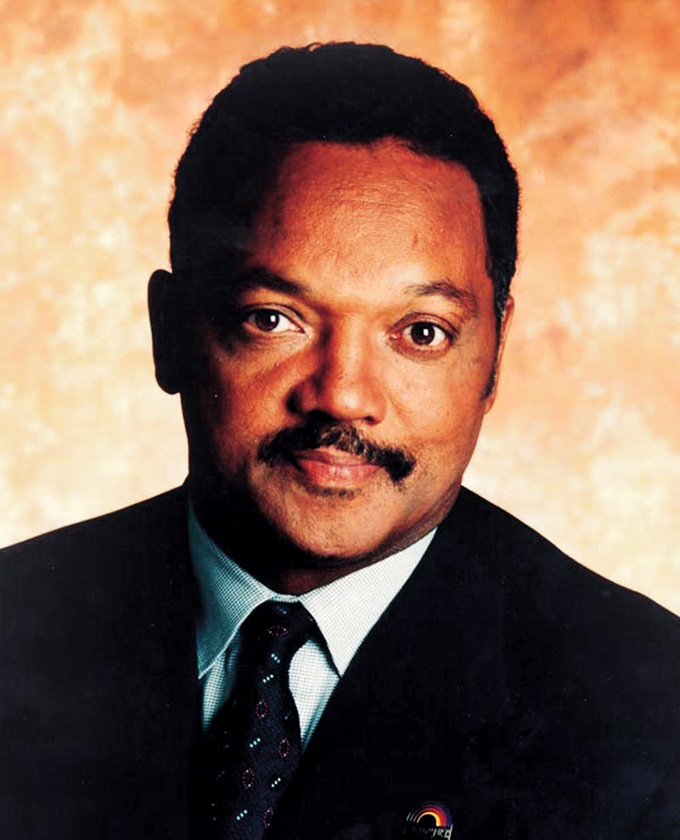
Jesse Jackson Sr.
(NNPA)—It was 48 years ago that President Lyndon Johnson signed the Voting Rights Act, announcing, “This right to vote is the basic right without which all others are meaningless. It gives people, as individuals, control over their own destinies.” With Dr. Martin Luther King Jr. and Rosa Parks at his side, he pledged that the act would be enforced. No longer would anyone be excluded from exercising the right to vote because of the color of his or her skin.
This February, in his fourth State of the Union address, a newly re-elected President Obama earned fierce applause when he declared: “We must all do our part to make sure our God-given rights are protected here at home. That includes one of the most fundamental rights of a democracy: the right to vote.”
Most Americans take this right for granted. Yet, as Justice Antonin Scalia emphasized in the Supreme Court’s shameful decision in Bush v. Gore, as it cut off counting the votes in Florida in the 2000 presidential election, the U.S. Constitution contains no right to vote for American citizens. The right to vote may be “God-given” and “fundamental,” as the president stated, but it is not protected in the U.S. Constitution.
Instead of a national standard, states determine the conditions of voting in federal as well as state elections. The result is a hodge-podge of conflicting and varying laws, some very restrictive, some more open. And instead of protected and guaranteed, the right to vote is a political battleground.
A recent summary by the Brennan Center for Justice at New York University School of Law reported that in 2013 (as of May 1), 82 bills that would restrict voting rights were introduced in 31 states. Seven states had already passed restrictive laws. After the conservative five-person majority in the Supreme Court weakened the Voting Rights Act in Shelby County v. Holder, another flurry of restrictive legislation was introduced from Texas to North Carolina.
At the same time, seven states have passed legislation expanding access to the polls for citizens. Some have same-day registration, early voting, online voting, allow felons who have paid their penalty to regain the right to vote. Others are making registration harder, requiring voter ID that discriminates against the old and the poor, restricting early voting, and excluding for life those who have served their sentences.